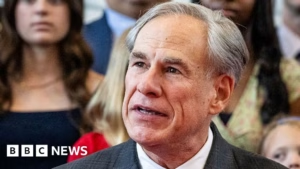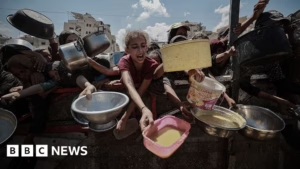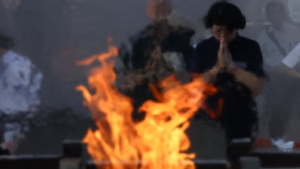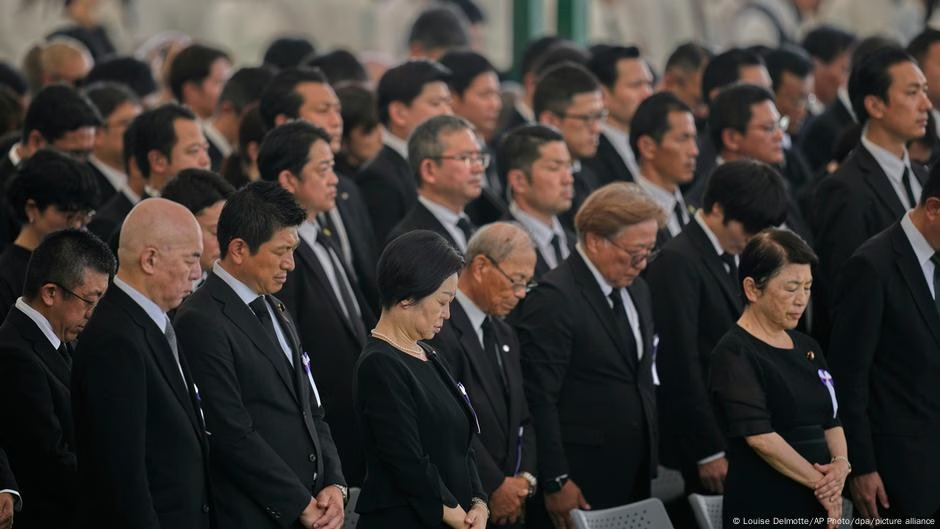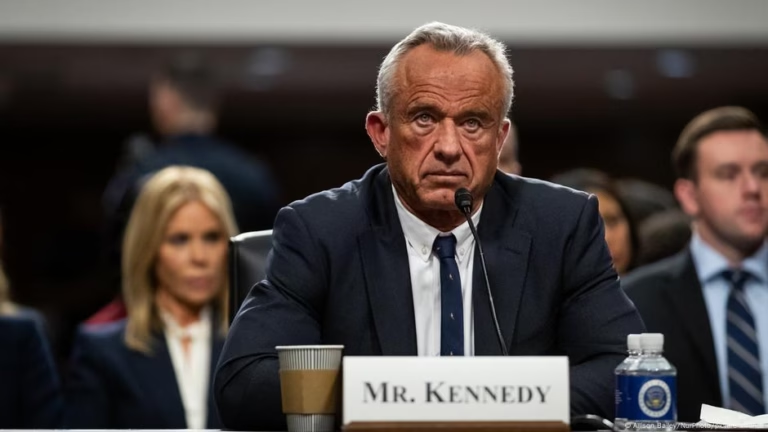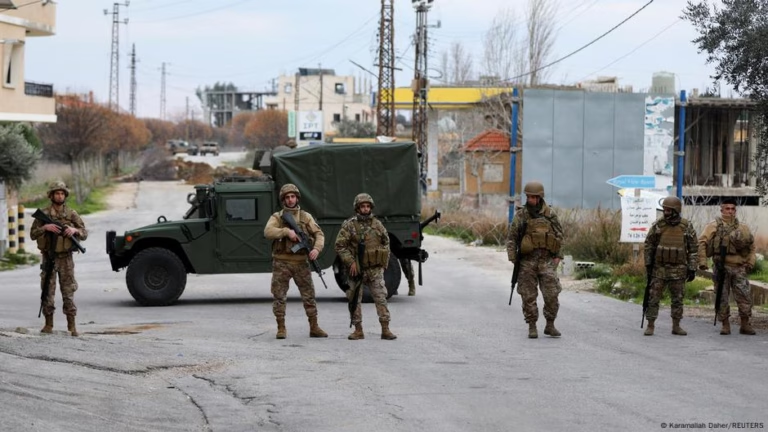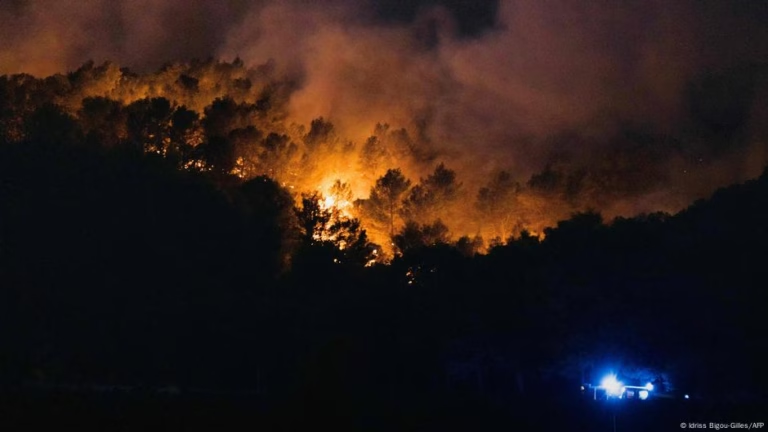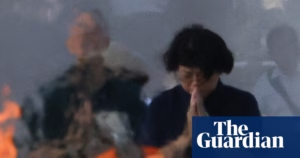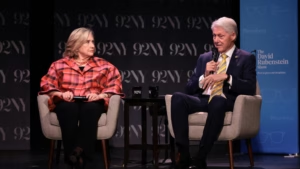Officials, students, and survivors marked the moment by laying flowers at the memorial cenotaph. The background, with the skeletal remains of the Genbaku Dome, served as a stark reminder of the atrocities caused by the bomb.
In the early hours of Wednesday, survivors and their families gathered at the peace memorial park to pray as the sun rose over Hiroshima.
Hiroshima as a symbol against nuclear weapons
Hiroshima’s mayor, Kazumi Matsui, delivered a speech warning against the growing acceptance of nuclear weapons and the increasing militarization globally, particularly in light of Russia’s invasion of Ukraine and conflicts in the Middle East.
“These actions blatantly ignore the lessons history should have taught the international community,” he stated.
Following the speech, dozens of white doves, symbols of peace, were released.
Japan’s Prime Minister, Shigeru Ishiba, emphasized Japan’s role in leading efforts towards a world without nuclear weapons.
Pope Leo XIV highlighted Hiroshima and Nagasaki as constant reminders of the devastation nuclear weapons can cause, particularly in today’s context of rising global tensions.
The U.S. dropped an atomic bomb on Nagasaki three days after Hiroshima.
U.N. Secretary-General Antonio Guterres warned that the same weapons responsible for Hiroshima’s devastation are now viewed as tools of coercion.
The U.S., which has not formally apologized for the bombings, was represented by its ambassador to Japan among the international representatives present.
Atomic bomb’s impact on Hiroshima and Nagasaki
It is estimated that the uranium bomb in Hiroshima caused around 140,000 deaths by the end of 1945, leveling more than two-thirds of the city. Nagasaki suffered 74,000 deaths from the plutonium bomb.
Survivors have suffered from long-term side effects such as leukemia and chronic diseases due to radiation exposure.
Japan surrendered on August 15, 1945, marking the end of World War II.
Persisting threat of nuclear weapons
The attacks on Hiroshima and Nagasaki remain the only instances of nuclear weapons use in warfare. Nine countries, including the U.S. and Russia, possess nuclear weapons. The U.S. and Russia together own nearly 90% of the world’s over 12,000 warheads.
SIPRI’s recent arms report highlighted the current period as one of the most perilous in human history, urging great powers to step back and reflect together.
Edited by: Srinivas Mazumdaru
